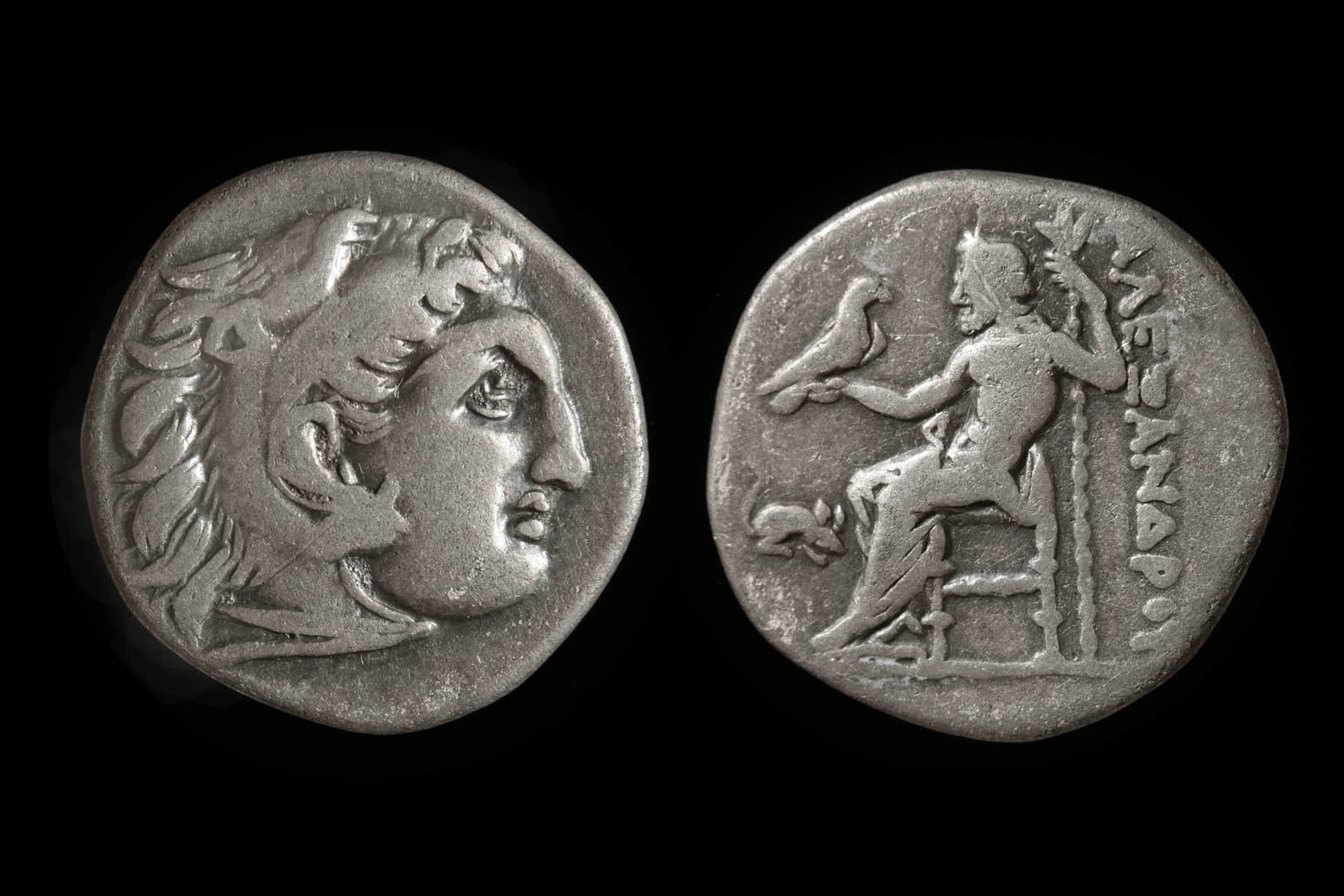He united the empire, which was disintegrated upon the death of Alexander the Great: Who is Antigonus I Monophthalmus?
He lost one eye while defending Phrygia against the Persians. After this event, he became known as "Monophthalmus" (one-eyed).

(382-301 BC) Macedonian general. He was born in Macedonia. There is not enough information about his youth. He joined the Anatolian Expedition with Alexander the Great in 334 BC. Because of his success in this expedition, Alexander the Great gave him the Phrygian satrap in 333 BC. Upon Alexander's death in 323 BC, he gained sole control over Phrygia. He lost one eye while defending Phrygia against the Persians. After this event, he became known as "Monophthalmus" (one-eyed).
Antigonus I Monophthalmus (382 – 301 BC), son of Philip from Elimeia, was a Macedonian Greek nobleman, general, satrap, and king. During the first half of his life, he served under Philip II; after Philip's death in 336 BC, he served Philip's son Alexander. He was a major figure in the Wars of the Diadochi after Alexander's death in 323 BC, declaring himself king in 306 BC and establishing the Antigonid dynasty.
Upon Alexander's death, a struggle began between his commanders. Antigonos expanded the borders of his region and took the Pamphylia (Antalya) and Lycia regions from Perdikkas, the Asian satrap. In 322 BC, Alexander's empire was divided into satrapies ruled by their commanders. The most powerful of these were the satraps of Antigonos in Anatolia, Perdikkas in Asia, Antipate in Macedonia, Ptolemy in Egypt, and Lysimakhos in Thrace. Antigonos allied himself with Antipater, Craterus, Ptolemy, and Lysimachus against Perdiccas. Upon the murder of Perdikkas, Antipater also took over the administration of Perdikkas' region. At the meeting held in Triparadeisos, Antigonos was given the command of the army in Asia. In IO 320, many expeditions were organized against Perdikkas' brother Alkestas and Evmenes, the satrap of Cappadocia. Upon Antipater's death in 319 BC, Antigonos took action to unite Alexander's empire under his rule. In 318 BC, he defeated Evmenes, who had created an important power in Syria, with the help of Seleucus, the Babylonian satrap, and Peithon, the satrap of Media, and had Evmenes and Peithon killed in order to get rid of their rivals. Seleucus fled to Ptolemy.
Antigonos took control of the lands stretching from the Aegean Sea to the Indus Valley. In 315 BC, Ptolemy, Lysimachus, Kassander and Seleucus formed an alliance against Antigonus, and the Four Years' War began, which lasted until 311 BC. Antigonus emerged from the war largely holding on, but losing the Babylonian and Eastern satrapies. In the same year, a short-lived peace treaty was signed. Antigonos launched an expedition to Babylon in 310 BC, but was unsuccessful and withdrew in 309 BC.
After Ptolemy took Cyprus under his control, captured Cilicia, and provoked Greece and Athens against Antigonos, Antigonos also counterattacked. His son Demetrios I defeated Ptolemy's fleet at Salamis, while Antigonos recaptured Cyprus. Antigonos and Demetrios declared their kingdoms, but they could not control Ptolemy. Antigonos succeeded in uniting Alexander's empire outside of Egypt under his rule in 306 BC. In the summer of 301 BC, Ptolemy and Lysimachus attacked. Antigonos died at the age of eighty at the Battle of Ipsos. Antigonos, who was a very good strategist, was not defeated in any war except the Battle of Ipsos.
